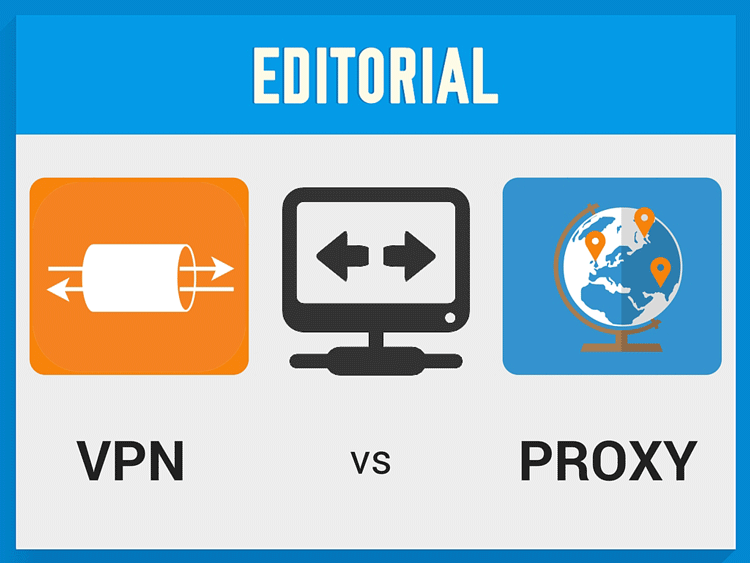

Depending on how it gets set up, a proxy will accept or reject device access to websites. What Is a Proxy?Ī proxy or proxy server is a system that acts as a gateway linking you to the Internet. The best VPN options almost always come with a subscription feeīefore signing up for a VPN service, you should determine if the benefits outweigh the costs and if there are any legal concerns to consider.Depending on your location, VPN usage might be illegal.The VPN service might still be able to track your online activity.Lowers risk of data breaches and increases protection of company secrets.Allows access to information blocked by government censorship.Helps you access websites that you might not otherwise be able to because of your location.Keeps your online browsing behaviors private.The following chart features the benefits and disadvantages of setting up a VPN. Pros and Cons of Using a VPNĪlthough virtual private networks are for internet security, they have drawbacks. VPNs can be used on desktop computers and mobile devices. The system encrypts your information, making it easy to visit the web from various locations without concern about who might have access to your online activity. VPN usage aims to protect your identity, obscure browsing behaviors from watchful eyes and shut down most hacker antics. The data only becomes legible again once it reaches the intended destination. To anyone not approved to view it, the information would be extremely difficult to understand. When your information enters the tunnel, it gets encrypted (typically with AES 256-bit encryption). What Is a VPN?Ī virtual private network (VPN) is a digital tunnel that takes your data from one point to another. However, it is crucial to distinguish the two to get the most out of their security and privacy-related offerings. For instance, both tools hide your internet protocol (IP) address, making it seem you are in a different location. If you aren’t familiar with a VPN or proxy, it could be easy to confuse the two based on their functions.


 0 kommentar(er)
0 kommentar(er)
